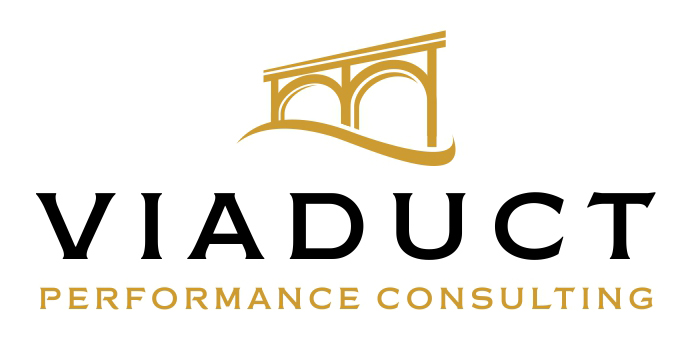Don’t be a Jerk and Three other Important Career Success Factors
Photo credit Edu Lauton @edulauton www.unsplash.com ~
Lately I’ve been thinking about my assumptions regarding career success factors. Why? Because they seem pretty clear to me based on hundreds of conversations I’ve had over the last decade with colleagues, executives, college students, and retirees who are and have lived successful and fulfilling careers. Yet many people don’t seem to get it. So I’d like to share with you what I’ve learned in the event that this knowledge can help you in your career.
My anecdotal research has identified four key ingredients to career success. These behaviors, when consistently practiced, appear to build on one another to bolster an individual’s career trajectory and longevity.
Be known for doing good work. Meeting or exceeding expectations, timeliness and quality matter: This first behavior speaks to reliability and credibility. The quality of your work speaks volumes to those with whom you collaborate and forms the basis of your reputation. Six months or six years down the road, those with whom you have worked need to remember you for your ability to meet or exceed quality objectives and deadlines. Individuals effective in this area consistently meet expectations or measures of success. They seek to clearly understand, aren’t afraid to ask for help, and adhere to project schedules and keep others informed of progress.
Don’t be a jerk: Maya Angelou famously said, “I've learned that people will forget what you said, people will forget what you did, but people will never forget how you made them feel.” Given the choice between working with someone who is easy to work with vs. a jerk, who would you want to work with? Want to be first on the list to be invited to work on that next big project? Demonstrating low self-orientation, empathy, putting others first, being politically savvy and overall easy to work with are essential places to start. Take steps to learn to better understand and collaborate with people of different workstyles. Tools that help us to understand personalities and workstyles like Myers-Briggs Type Indicator (MBTI) and DiSC are valuable starting places.
Develop and maintain a strong network: There’s truth to the adage “it’s not what you know, it’s who you know.” Access to a current and relevant network of colleagues is a vital source of new opportunities and referrals. When in search of talent, individuals generally first think about the people with whom they have previously had a positive working experience. Assuming you subscribe to #1 and #2 above, your name will be top of mind. They key is your network needs constant care and feeding to be of value. Actively participate in your organization’s internal knowledge sharing and community of practice groups. Seek out opportunities to contribute to projects beyond your immediate work group or projects. Get a mentor. Be a mentor. Make a point of staying in touch with colleagues and attend local and national events focused on your areas of interest and discipline. LinkedIn is a great networking tool that houses your network – don’t forget to use it.
Summon the courage to embrace challenging assignments and opportunities as presented: Fear is a powerful emotion. So immensely strong that it can overpower our ability to ration and reason. When faced with a new opportunity we may be reluctant to take a risk or leave our comfort zone. Yet each challenging assignment is a laboratory in which we can learn and grow. If we succeed at tips #1-#3 above, opportunities will be plentiful. Individuals with long and successful careers are frequently recognized for consistently demonstrating a willingness and desire to stretch to new levels or areas of responsibility. The key is to become more comfortable with change. Become a disciplined continuous learner. We live and work in a time when knowledge and learning are instantly accessible 24/7/365. LinkedIn learning, YouTube, Ted Talks and dozens of other affordable and free sources of learning content are available to us. Remember when a new opportunity is presented follow Yogi Berra’s advice, “When you come to a fork in the road, take it!”
These four tips are more than complementary. In fact, I see their relationship as highly dependent and exponential in nature. For example, tips #2 - #4 won’t be of terrific value to an individual with a poor track record of timeliness and quality. Likewise, if you are a top performer with a weak or stale network, opportunities may not be forth-coming. My observation is that individuals who have had career longevity and success consistently embody all four behaviors.
I have a final observation and perhaps a bonus tip. While not explicitly captured above, regularly seeking feedback from those with whom you work regarding how you are perceived by others is a vastly underrated growth-oriented behavior. Honest feedback rich with context is essential to our ability to learn and adjust the way we approach work, our careers and relationships. I’ve have found one simple question yields consistently insightful feedback. I ask, “what one thing, if I was to do it differently, would significantly improve my ability to be more effective?”
What tips can you add?
___________________________________________________________________
Matt Swayhoover is the founder of Viaduct Performance Consulting, a Northern Virginia-based business focused on helping individuals, teams and organizations bridge the gap between potential and business results. As principal performance consultant, Matt collaborates with clients to identify and courageously address the obstacles that constrain high performance.
Learn more at www.viaductperformance.com


